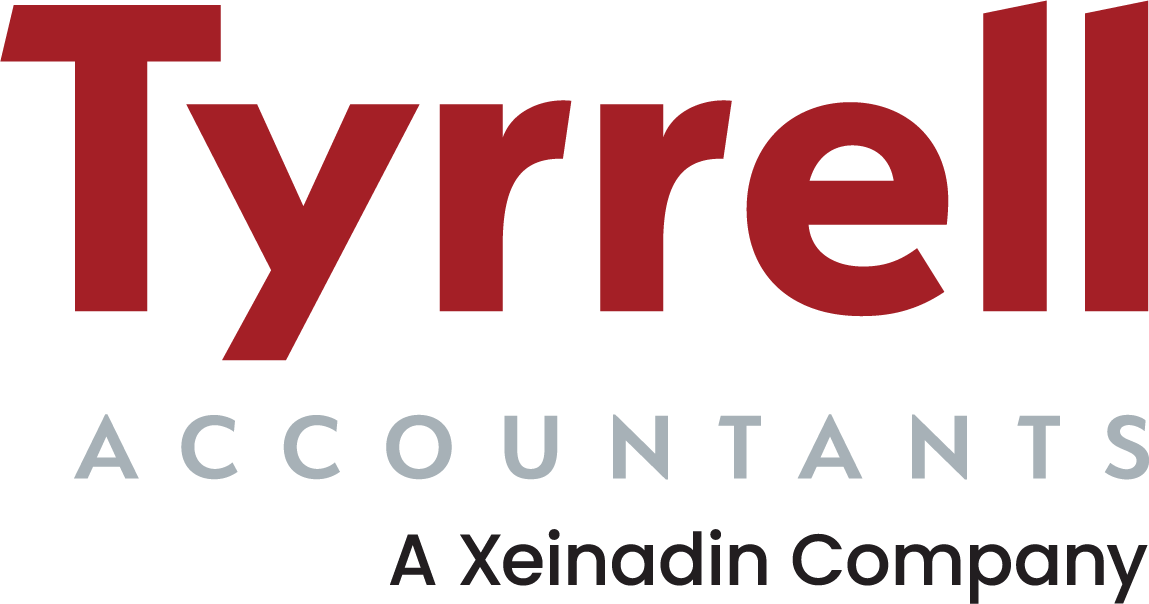January 31st has been and gone, meaning the ever-fearful deadline for submitting your tax return has passed. Did you have to scramble around? Was it a panic? The weeks and days leading up to the deadline are often filled with people grabbing receipts in a mad rush to get their self-assessment completed and submitted on time.
Even with months of time to prepare, mistakes are still made, and penalties are still filed, but these tax return nightmares can be easily avoided. With proper preparation, organisation and systemisation behind you, you can save yourself a lot of grief when preparing to file your return each year.
Instead of fumbling around days or weeks before the deadline, you can use these tips to avoid any tax return nightmares in the future!
1. Capture expenses as you go
Those who leave their tax return to the last minute are often the ones who throw all of their receipts from the tax year into a box and say “I’ll sort that later”, and then when the deadline comes around, they’ve got boxes of unorganised receipts that they have to sort through.
So, what’s the problem here? Well, for starters, you’re a business owner, and business owners get busy. You probably had the best intentions when you put the receipts down, but time is your greatest asset, and because of that, the receipts ended up piling up and were left disorganised and in a mess.
There’s a simple way of avoiding all that with apps like Receipt Bank. Apps like these have been at the forefront of cloud accounting for a number of years, and they all include easy ways of capturing receipts on the go. Instead of letting them pile up over many months, you can simply take a photo of the receipt with your phone and upload it directly to Receipt Bank, storing the accounting data.
What’s more is that these apps can also help distinguish between allowable and disallowable expenses, helping you avoid any wrongdoing by trying to claim expenses that are not allowed.
2. Jump on the cloud accounting bandwagon
Receipt Bank is just one of many cloud accounting apps that can go a long way in helping prevent tax return nightmares. Xero is great for self-employed users who want to have a 360-degree view of their finances. They also have built-in features to create reports to give you all the data needed to fill in the tax return.
If you use cloud accounting in real time, you’re able to manage everything more effectively, eliminating any last-minute panicking because you’ll have all the data on hand to make the tax return submission much smoother.
Having cloud accounting at your fingertips can go a long way in helping you avoid any mistakes. Common errors when filing a tax return last minute include submitting incorrect figures, not declaring all your income and not enclosing supplementary pages. Some have even tried to get away with putting “info to follow” or “as per accounts” on their tax return. In actual fact, HMRC doesn’t accept information like this, as they require everything to be submitted together.
If you use cloud accounting effectively, you’ll have all this data on hand, meaning you won’t leave any information out when filing your tax return.
3. Own up to any mistakes
Everyone makes mistakes. It’s more likely that you’ll make a mistake on your tax return if you’re filing it close to the deadline. However, even those who plan ahead and file everything correctly can make a mistake on their submission.
The important thing to remember is that making a mistake with your tax return isn’t the big issue – the issue is not owning up to it. If you realise you’ve made a mistake but then don’t notify HMRC and hope they won’t notice, you could land yourself with serious issues. HMRC are quick to pick up on inaccurate submissions and will undoubtedly contact you to rectify the situation.
In actual fact, if you do make a mistake on your tax return, you have 12 months from the submission to submit an amendment to correct it. This is a much better option as you’re being open and transparent with HMRC in your error and working at correcting it, rather than keeping your fingers crossed that HMRC won’t notice!
4. Hire an accountant
Self-employed people often get a qualified accountant to help them complete their tax return because it’s their job to make sure it is correct.
Often, they can also help you reduce your tax bill as much as legally possible, particularly if you have lots of different sources of income. An accountant can go a long way in giving you peace of mind that your tax affairs are being handled properly.
Get prepared for the next deadline!
Now that January 31st has passed, it’s the time to ask yourself if you could better prepare for next year’s deadline.
Whatever your situation, implementing these 4 steps can save you a lot of stress. If you need further support, you can visit our website to find out more about the support we offer for your tax return responsibilities.
You can also call 01223 832477 to talk to our team and get some advice about the tax return submission process and make sure you don’t fall victim to mistakes.
